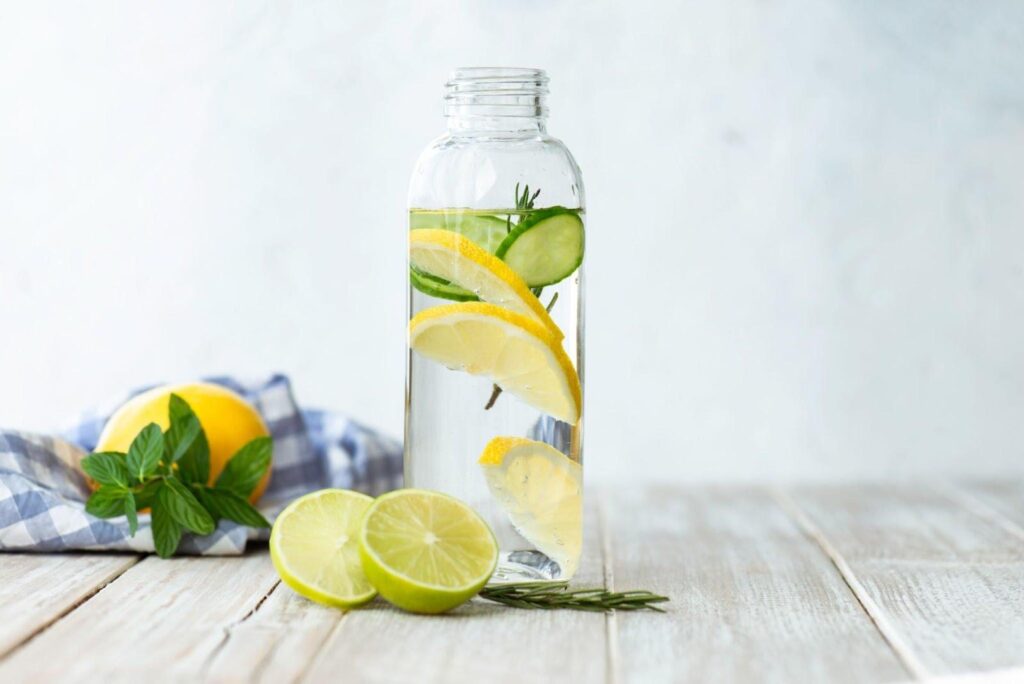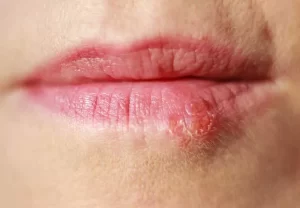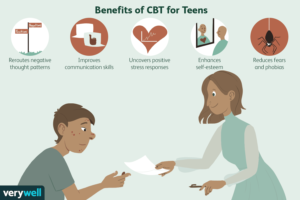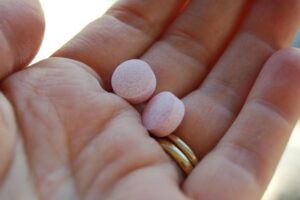What comes out of your body when you Detox

Unveiling the Mystery: What Really Happens During a Detox
The concept of detoxification, often shortened to “detox,” has become a popular trend in the wellness world. Cleanses, fasting programs, and various detox diets promise to rid your body of toxins and impurities, leading to improved health and weight loss. But what exactly comes out of your body when you detox? This comprehensive guide explores the science behind detoxification, clarifies myths surrounding detox practices, and offers insights into healthy habits that truly support your body’s natural cleansing mechanisms.
Understanding Your Body’s Detoxification System:
Your body is remarkably adept at eliminating toxins and waste products on its own. Here are the key players in this natural detoxification process:
- Liver: The liver acts as the body’s primary detoxification organ. It filters toxins from the bloodstream, breaks them down into harmless substances, and eliminates them through bile or urine.
- Kidneys: The kidneys function as a filtration system, removing waste products and excess fluids from the blood and excreting them through urine.
- Skin: The skin eliminates toxins through sweat, which carries waste products and helps regulate body temperature.
- Lungs: We breathe out carbon dioxide, a waste product produced by cellular respiration.
- Digestive System: The digestive system eliminates waste products and toxins through feces.
What Actually Comes Out During a Detox?
The substances eliminated during a detox, whether through a specific program or simply through your body’s natural processes, primarily consist of:
- Waste Products: These include byproducts of digestion, cellular metabolism, and other bodily functions. They are eliminated through feces, urine, and sweat.
- Toxins: These can be external toxins like environmental pollutants or internal toxins produced by the body itself. The liver plays a crucial role in processing and eliminating toxins.
- Excess Fluids: Detox programs often involve increased water intake, which can lead to increased urination and the elimination of excess fluids.
It’s Important to Note:
- Limited Impact of Most Detox Programs: While some detox programs might encourage sweating or bowel movements, these are simply your body’s natural elimination processes. Detox programs typically don’t eliminate significant amounts of additional toxins beyond what the body already removes on its own.
- Potential Risks of Excessive Detoxification: Extreme detox practices, like restrictive fasting or harsh herbal cleanses, can disrupt the body’s natural electrolyte balance and lead to dehydration, nutrient deficiencies, and digestive issues.
- Focus on Long-Term Health Habits: The best approach to supporting your body’s natural detoxification system is by adopting healthy lifestyle habits consistently.
Promoting Healthy Detoxification Through Lifestyle Choices:
Here are some evidence-based strategies to support your body’s natural detoxification processes:
- Balanced Diet: A diet rich in fruits, vegetables, and whole grains provides your body with essential nutrients for optimal detoxification function.
- Hydration: Drinking sufficient water helps your body flush out toxins through urine and sweat.
- Regular Exercise: Physical activity promotes blood circulation, sweating, and overall well-being, aiding in the elimination of waste products.
- Quality Sleep: During sleep, your body repairs and detoxes itself. Aim for 7-8 hours of quality sleep each night.
- Liver-Supporting Foods: Certain foods, like cruciferous vegetables (broccoli, cauliflower), green tea, and beets, are believed to support liver health, potentially enhancing detoxification function. However, a balanced diet is key, and these foods shouldn’t be seen as a magic bullet.
Consult a Healthcare Professional:
If you’re considering a detox program, especially one involving fasting or restrictive diets, consult a healthcare professional. They can help you determine if a detox is appropriate for your individual needs and advise on safe and evidence-based practices.
Government Resource:
- National Institutes of Health (NIH): This website provides information on the role of the liver in detoxification and overall health: National Institutes of Health.
Frequently Asked Questions (FAQ) About Detoxification:
- Do I need a detox program to cleanse my body?
No, your body has a natural detoxification system involving the liver, kidneys, skin, lungs, and digestive system. Focusing on healthy lifestyle habits like a balanced diet, hydration, and exercise is the best way to support this natural process.
- Can detox programs help me lose weight?
Some detox programs might lead to initial weight loss due to water loss or reduced calorie intake. However, this weight loss is often temporary and unsustainable. Healthy, sustainable weight loss focuses on long-term dietary and lifestyle changes.
- What are the signs that my body needs a detox?
There is no scientific evidence to suggest that specific symptoms indicate the need for a detox. Fatigue, headaches, or skin problems can have various underlying causes. Consult a healthcare professional if you’re experiencing any concerning symptoms.
- Are there any safe and effective detox methods?
The safest and most effective “detox” involves adopting healthy habits for long-term well-being. Drinking plenty of water, eating a balanced diet rich in fruits, vegetables, and whole grains, and getting regular exercise all support your body’s natural detoxification processes.
- What are the dangers of extreme detox practices?
Extreme detox practices like restrictive fasting or harsh herbal cleanses can disrupt the body’s electrolyte balance, leading to dehydration, nutrient deficiencies, and digestive issues. They can also create a yo-yo effect on weight loss and eating habits.



